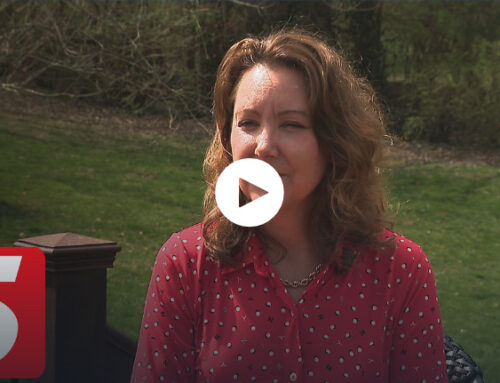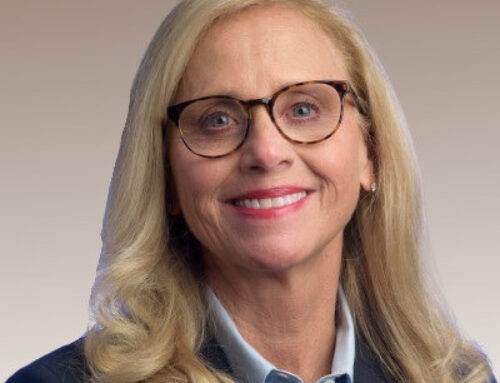State Sen. Joey Hensley, a county medical examiner himself, put a stop on Wednesday to the effort to close autopsy records, noting that the state’s autopsy law already provided privacy of medical records of the deceased that are unrelated to the cause of the death.
Hensley, a physician and the county medical examiner for Lewis County, decided not to present a bill that would have closed autopsy reports, sending it to the general subcommittee of the Senate Health and Welfare Committee.
Hensley, in explaining his action on Wednesday, said the bill was brought to him by the House sponsor (Rep. Eddie Smith, R-Knoxville) with concern over certain medical information that might become part of the public record.
Hensley acknowledged to the Senate committee that autopsy reports are currently open as a public record. Autopsies can be ordered by county medical examiners in limited specific situations described in the law, such as in suspicious deaths, in which the state has deemed there is a public safety or public health interest. They are paid for by the county governments.
“Sometimes they have medical information in the autopsy reports, and this bill was attempting to make that part of the reports not open to the public,” Hensley said to the committee. “But looking at the law, it already protects that health status of the person before they die, so with that, I do general sub Senate Bill 2572.”
The bill passed a House Health subcommittee last week, with testimony from the Knox County Medical Examiner who wanted all findings of government-ordered and funded autopsy reports and toxicological laboratory results confidential, saying that family members sometimes want that information private. Her proposal would have covered a broad range of records, and in fact was the bill that passed out of the House subcommittee.
She had shared an experience with a 5-day-old baby who had died from herpes, passed along by the mother. The mother was anguished that information about her own health status of herpes might become known.
Earlier this week, state Rep. Smith , who said he sponsored the bill at the request of the Knox County Medical Examiner, said he would be amending the bill to only protect medical information about the patient included in the autopsy report, but that was not related to the cause of death.
However, the law already provides for such medical records to be confidential.
Here is what current Post-Mortem Examinations statute says in relation to confidentiality of medical records:
§ 38-7-110 (c) Subject to subsection (d), the reports of the county medical examiners, toxicological reports and autopsy reports shall be public documents. Medical records of deceased persons, law enforcement investigative reports, and photographs, video and other images of deceased persons shall not be public records.





